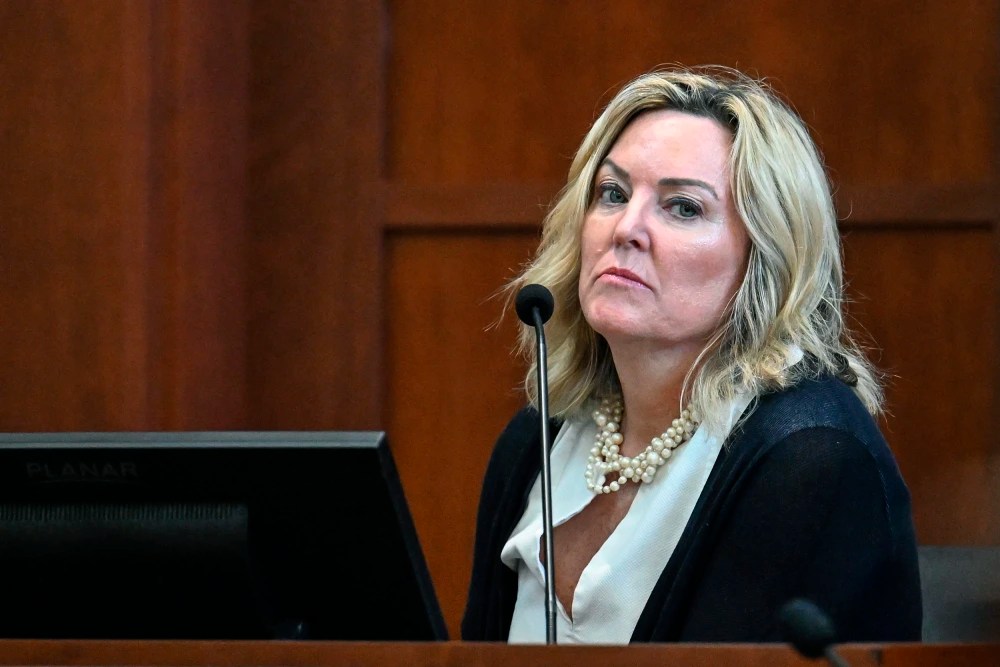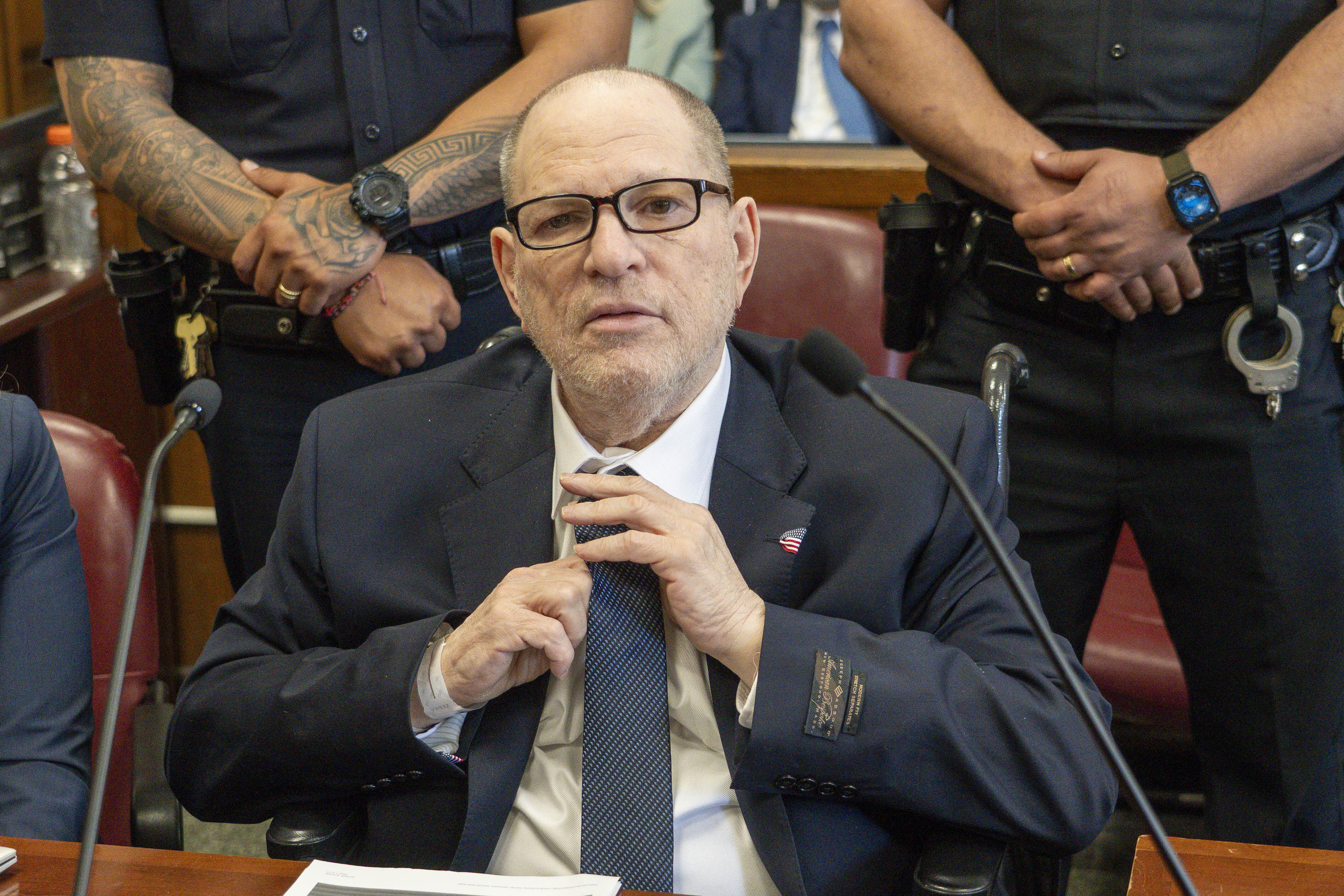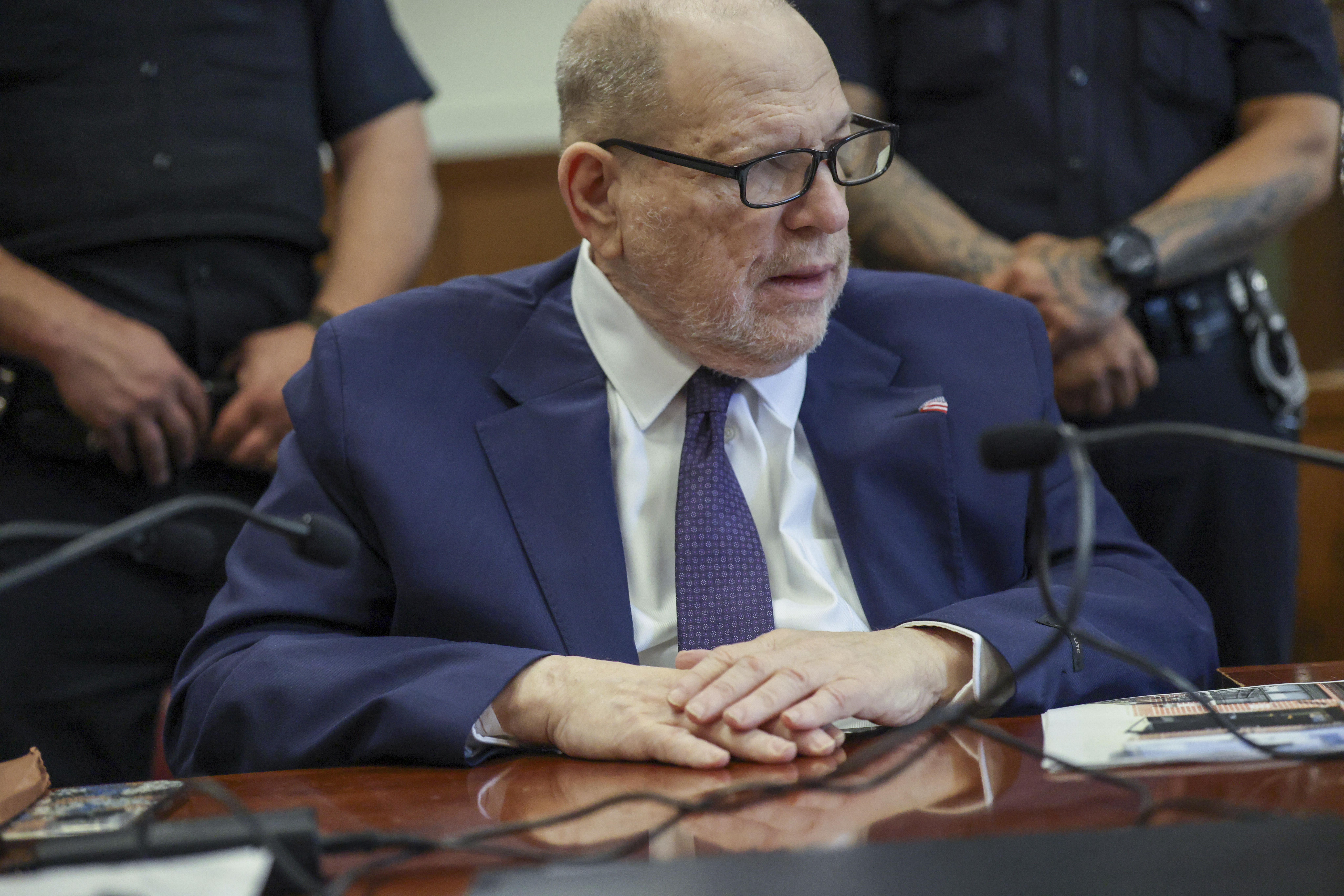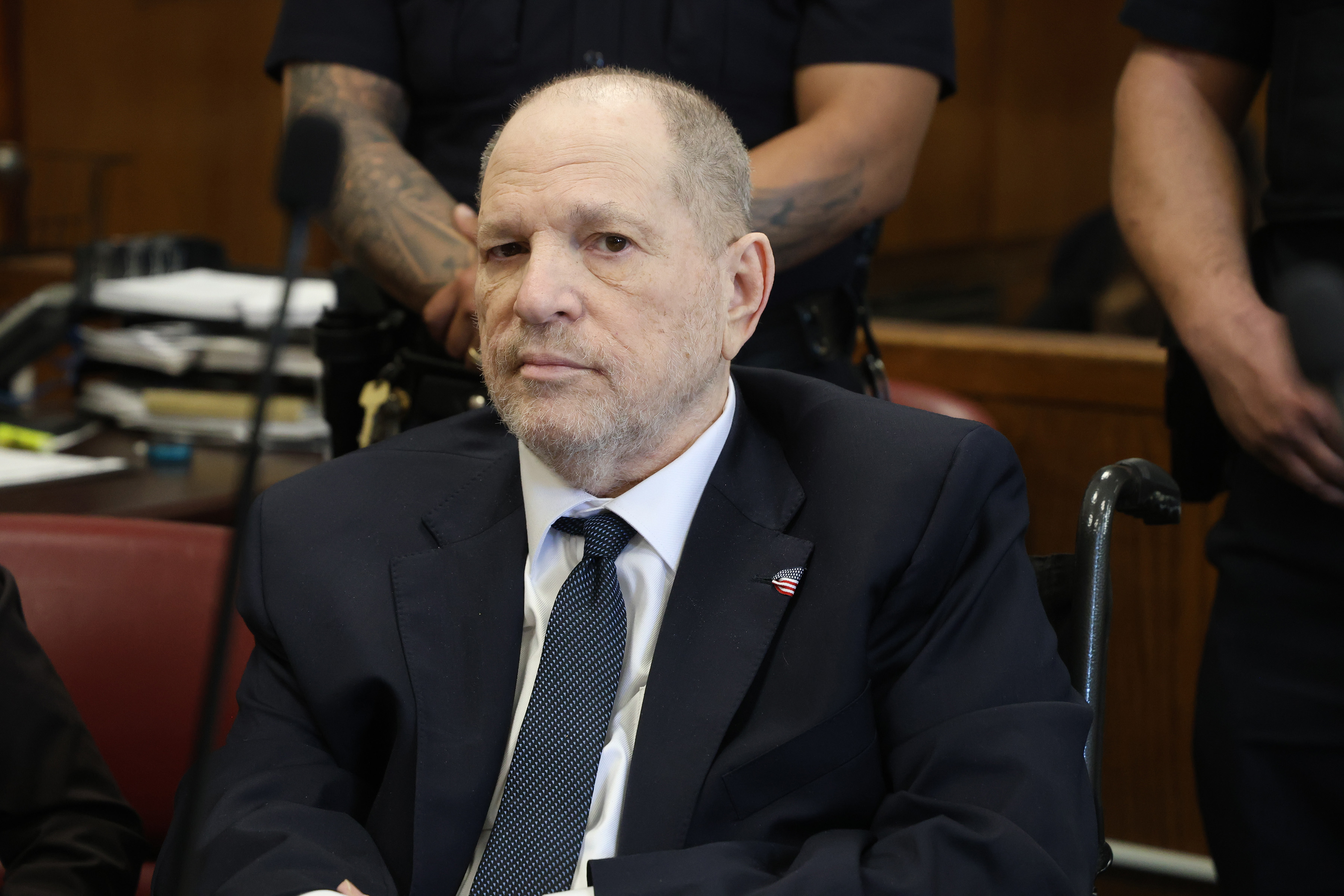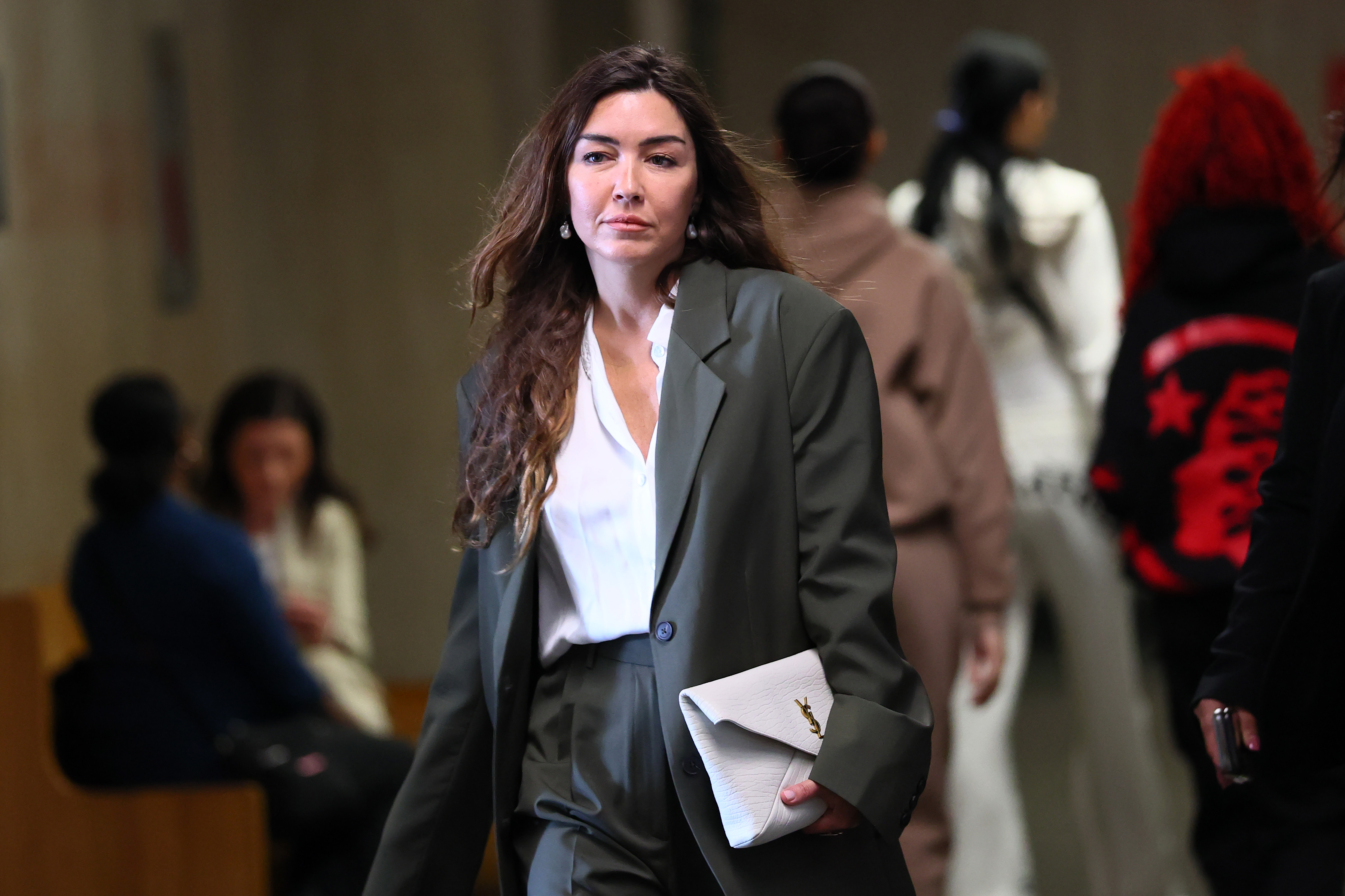Forensic Psychologist Links Weinstein, Diddy Trials: Dawn Hughes
Dawn Hughes: The Forensic Psychologist Linking Weinstein and Combs Trials
Introduction: The Unlikely Common Thread
In the dazzling yet often murky world of Hollywood, where fame and power intertwine, legal battles can become spectacles. In the coming weeks, two such spectacles are set to unfold in Manhattan courtrooms. On one side, we have Harvey Weinstein, the disgraced movie mogul. On the other, Sean “Diddy” Combs, the hip-hop impresario. They face different charges, different judges, and potentially drastically different punishments. But what if I told you there's a surprising link between these two high-profile cases? A common thread woven through the fabric of these legal dramas: a clinical and forensic psychologist named Dawn Hughes.
Dawn Hughes: A Name Synonymous with High-Profile Cases
The upcoming court cases will not be the first time Hughes has played a key role in dramatic legal sagas at the nexus of celebrity and power in the post-#MeToo era. In recent years, Hughes has taken the witness stand in other high-profile sexual misconduct trials that drew national attention. She isn't just a psychologist; she's a seasoned veteran in the courtroom arena, particularly when it comes to cases involving sexual assault and abuse.
NXIVM and R. Kelly: Hughes's Previous Testimony
When the NXIVM sex cult leader Keith Raniere went on trial in 2019, Hughes was on hand to explain to jurors how serial sexual abusers “gaslight” their victims. Two years later, Hughes testified at R. Kelly’s federal trial, telling jurors that the R&B singer had subjected victims to psychological and sexual abuse. Her expertise in understanding the complexities of coercive control and the lasting trauma inflicted on victims has made her a sought-after expert in these types of cases.
What is Forensic Psychology?
But what exactly *is* forensic psychology, and why is it so crucial in these trials? Forensic psychology is the intersection of psychology and the legal system. It involves applying psychological principles and clinical skills to legal questions. Think of it as using a mental magnifying glass to examine the behavior and mental state of individuals involved in legal proceedings.
The Role of a Forensic Psychologist in Court
Forensic psychologists like Dawn Hughes play many roles, including:
- Assessing a defendant's competency to stand trial.
- Evaluating the credibility of witnesses.
- Offering expert testimony on psychological issues relevant to the case.
- Providing insight into the minds of victims and perpetrators.
Hughes's Expertise: Understanding Trauma and Coercive Control
One of Hughes's key areas of expertise lies in understanding the psychological effects of trauma and coercive control. Coercive control, also known as "brainwashing" or "mind control," involves a pattern of behaviors designed to isolate, dominate, and exploit another person. It can leave victims feeling powerless, confused, and deeply traumatized. Hughes can explain to jurors how this type of control can manifest in relationships, even when those relationships appear consensual from the outside.
Weinstein Trial: Understanding the Dynamics of Power and Abuse
In the Weinstein trial, Hughes is likely to offer testimony regarding the psychological impact of sexual assault and harassment on the alleged victims. She may also address the power dynamics that often exist between abusers and their targets, particularly in industries like Hollywood, where access and opportunity are often controlled by a select few. How does the fear of retaliation or the promise of career advancement influence a victim's behavior? These are the questions Hughes can help the jury understand.
The Psychological Impact of Sexual Harassment and Assault
Sexual harassment and assault can have devastating consequences for victims. These consequences can include:
- Post-traumatic stress disorder (PTSD)
- Anxiety and depression
- Difficulty forming healthy relationships
- Loss of self-esteem
Hughes's testimony can help jurors understand these challenges and how they might affect a victim's behavior and memory.
Combs Trial: Potential Insights into Allegations of Abuse and Exploitation
The allegations against Sean “Diddy” Combs are complex and varied, ranging from sexual assault to trafficking. In this trial, Hughes may offer insights into the psychological profiles of individuals who engage in such behaviors, as well as the dynamics of power and control within the hip-hop industry. Her testimony could shed light on the alleged patterns of abuse and exploitation that have been brought to light.
Examining Power Dynamics in the Music Industry
The music industry, like Hollywood, is known for its hierarchical structure and the significant power wielded by executives and artists. Hughes can potentially illuminate how these power dynamics can create opportunities for abuse and exploitation, and how victims might be manipulated or coerced into silence.
The Importance of Expert Testimony in Sexual Misconduct Cases
Why is expert testimony like Hughes's so crucial in these cases? Because it helps jurors understand complex psychological concepts that they might not otherwise grasp. It can bridge the gap between the legal definition of a crime and the real-life experiences of victims. Think of it like having a translator who can explain the nuances of trauma and coercion in a way that resonates with the jury.
Criticism of Expert Testimony: The Risk of Bias
Of course, expert testimony is not without its critics. Some argue that experts can be biased or that their testimony can unduly influence jurors. It's important to remember that expert testimony is just one piece of the puzzle; the jury must ultimately weigh all the evidence and decide the facts of the case.
The #MeToo Movement: A Catalyst for Change
The #MeToo movement has brought unprecedented attention to the issues of sexual harassment and assault. It has empowered victims to come forward and share their stories, and it has sparked a national conversation about power, consent, and accountability. Cases like Weinstein's and Combs's are a direct result of this cultural shift, and figures like Hughes are playing a crucial role in bringing these issues to light in the courtroom.
Beyond the Headlines: The Human Cost of Abuse
While the media often focuses on the celebrity aspect of these cases, it's essential to remember the human cost of abuse. The victims in these cases have endured immense suffering, and their stories deserve to be heard. Forensic psychologists like Dawn Hughes are helping to ensure that their voices are amplified and that justice is served.
The Impact on Future Trials and Awareness
The testimony provided by Dawn Hughes in both the Weinstein and Combs trials has the potential to influence future cases and increase public awareness of the psychological impact of sexual misconduct. By providing expert insight into the dynamics of power, control, and trauma, she can help to shape legal outcomes and foster a more informed understanding of these complex issues. This could also contribute to the prevention of such crimes in the future.
Conclusion: Hughes's Crucial Role in the Pursuit of Justice
Dawn Hughes stands as a critical figure at the intersection of psychology, law, and the entertainment industry's most significant legal battles. Her testimony in the upcoming Weinstein and Combs trials underscores the vital role forensic psychologists play in helping jurors understand the complex psychological dynamics of abuse, trauma, and coercive control. As these high-profile cases unfold, Hughes's expertise will undoubtedly be instrumental in the pursuit of justice and a deeper understanding of the human cost of these offenses.
Frequently Asked Questions
- What is the primary role of a forensic psychologist in a trial?
A forensic psychologist's primary role is to provide expert testimony and assessments related to psychological issues relevant to a legal case. This can include evaluating competency, assessing credibility, and explaining the psychological impact of certain events or behaviors. - How does Dawn Hughes's expertise in coercive control help in sexual misconduct cases?
Hughes's expertise helps jurors understand how abusers use tactics to isolate, dominate, and exploit victims. This can explain why victims may not immediately report abuse or may behave in ways that seem counterintuitive to those unfamiliar with coercive control. - Is expert testimony always accepted by the court?
No, expert testimony must meet certain legal standards to be admissible in court. Judges act as gatekeepers, ensuring that the expert's methods are reliable and that their testimony is relevant to the case. - What is the difference between a clinical psychologist and a forensic psychologist?
A clinical psychologist focuses on diagnosing and treating mental health disorders. A forensic psychologist applies psychological principles to legal issues and may conduct evaluations for court, provide expert testimony, or consult with attorneys. - How can increased awareness of psychological trauma affect the legal system?
Increased awareness can lead to more informed jury decisions, better understanding of victim behavior, and potentially changes in laws and policies related to sexual misconduct and abuse. It can also encourage more victims to come forward and seek justice.
